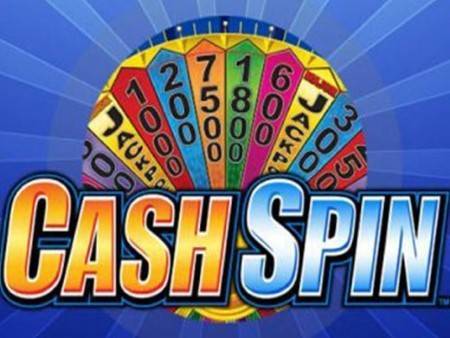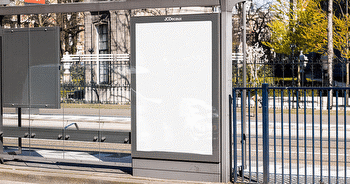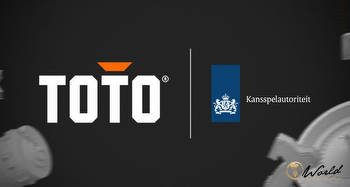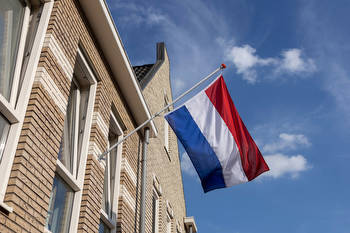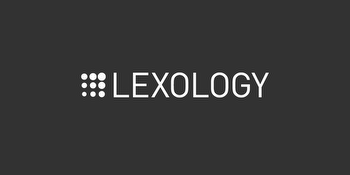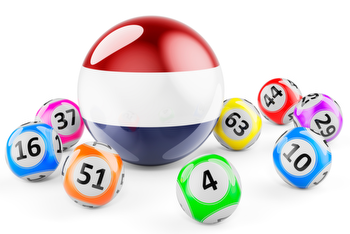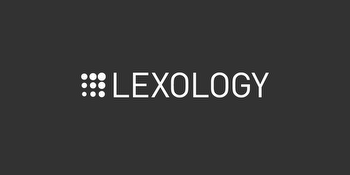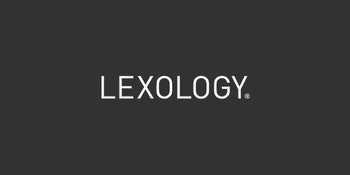Netherlands Moves to Ban Untargeted Gambling Advertising

In an effort to allegedly curb gambling addiction, the Netherlands has laid the groundwork for a comprehensive ban on untargeted gambling advertising.
Gambling advertising is set to take a significant hit in the Netherlands. The local government plans on setting a comprehensive ban on untargeted ads, in an attempt to reduce gambling addiction.
Online gambling became legal in the Netherlands in October 2021. Since then, the local gaming authority, Kansspelautoriteit, has issued licenses to more than 20 companies. This has naturally led to an increase in gambling advertising as well, with operators looking to increase their player count.
Authorities took notice and quickly began to phase out gambling advertising. One of the first moves lawmakers made to control gambling advertising was to stop celebrities from appearing in the ads. While celebrities, and retired football players in particular, were a common sight in gambling ads, this was soon brought to a stop.
Understanding the Ban on Untargeted Advertising
An argument at the centre of this discussion is the protection of vulnerable groups. In the case of online gambling, Dutch authorities determined that young adults, ages between 18 and 24, should be considered a vulnerable group.
Minister for legal protection Franc Weerwind has been developing regulations to protect these vulnerable groups from untargeted advertising.
As the name itself suggests, untargeted advertising refers to any kind of ad that isn’t aimed at one specific group. Some examples would include ads on bus shelters, billboards, signposts. Unlike online targeted advertising, untargeted advertising is there for all to see.
“We are already seeing a shift in marketing budget spendings of our partners, from the regular media channels to the affiliate channel. We expect this to continue in the coming months. Especially after the new law comes into force in July, we will work even more intensively with most parties,” says Michael Fancher CCO of Onlinecasino.amsterdam.
Football in particular is set to take a big hit. You’ve probably noticed an increase in gambling advertising on uniforms and stadiums. Betting sites and online casinos have been investing a significant amount in advertising sporting events. That obviously makes a lot of sense, considering that sports fans are also likely going to be drawn to betting.
Advertising in sporting events, however, also falls under the untargeted advertising umbrella. This means that football teams and other organisations must find a suitable replacement. Because of the large sums of money involved, authorities are willing to hold the ban back for a few years.
While the first set of regulations on untargeted gambling advertising is set to roll out as early as July 2023, sports teams will have a “grace period” of sorts. A ban on event sponsorship is already scheduled for 2024. Teams, meanwhile, will have until 2025 before the ban also hits them. This two-year period is in place to give them enough time to find a suitable replacement.
Fines for companies not in accordance with the new regulations could be quite hefty, as there are some examples to go by. JOI Gaming and Toto Online were initially issued warnings, and later fined, for targeting ads at vulnerable groups. The fines were reportedly as high as €400,000.
Untargeted Advertising and Gambling Addiction
Is there really any relation between untargeted gambling advertising and growth in gambling addiction?
Recent research has shown the opposite. A recent report by the National Alcohol and Drug Information System shows that gambling addiction has gone down over the last two years.
At the same time, a recent survey by Nielsen shows that gambling advertisement spending has gone up by as much as €15 million. While companies have spent more on advertising, this number hasn’t necessarily translated into gambling addiction – quite the opposite.
These numbers, of course, also include untargeted ads. The World Cup was one of the driving forces behind this sudden jump in investment. And it is no secret that the World Cup is a big opportunity for untargeted advertising. Yet, gambling addiction continued to go down.
At the end of the day, most signs point out that gambling addiction and gambling advertisements aren’t necessarily related.
There is also legislation already in place to protect these vulnerable age groups. Gambling ads will usually air past 10:00 pm, for example.
What Now for Gambling Advertising in the Netherlands?
Setting aside the debate about untargeted advertising, one thing is certain: gambling companies in the Netherlands will take a significant hit once the new legislation rolls out. How can online casinos and other gambling operations make up for the ban?
One viable solution has always been there: online ads. Targeted advertising is still legal, and gambling companies can still use Google for advertising. Email ads are also an option, and still relevant to target specific groups of potential users.
Of course, the ban on untargeted advertising is currently restricted to the Netherlands. In other words, companies can still turn their attention to international events. It’s still perfectly legal to advertise in big international competitions, like the World Cup or the Champions League. Naturally, Dutch viewers, whether through streaming or conventional broadcasts, will get to see these ads.
While the ban on untargeted advertisements will inevitably have a negative effect, it’s not the end of the road for gambling advertisements in the Netherlands. There are still plenty of ways to get the message across, but it will require a bit of a rethink on how to do it in the most effective way.







